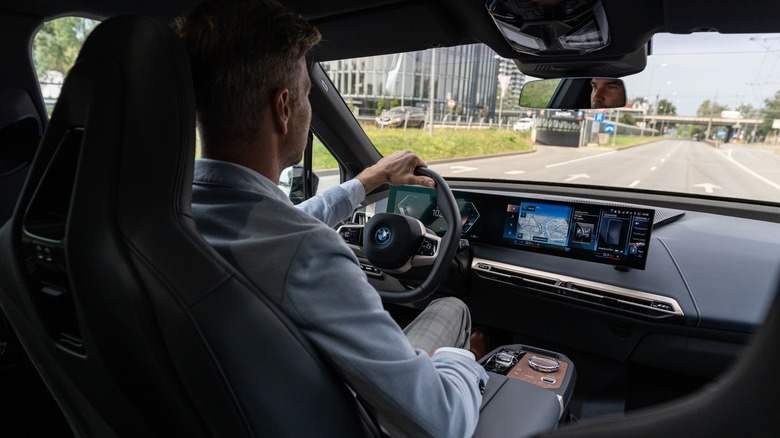Burned By Its Heated Seat Subscription Plan, BMW Changes Paywall Strategy
It's been a little over a year since BMW decided to charge a subscription fee for enabling the heated seats feature on some of its vehicles. While this new arrangement never made it to the U.S., it was implemented in several markets, including prominent automotive hubs like the U.K., Germany, South Africa, New Zealand, and South Korea. In many of these countries, people were presented with a payment screen when they attempted to use the heated seats feature, essentially hiding the feature behind a software lock. This move even prompted users to scale the paywall by jailbreaking their BMW cars.
After facing massive backlash from several quarters following this decision, it seems the German carmaker has put brakes on this policy worldwide. According to a recent Autocar report, BMW's board member for sales and marketing— Pieter Nota — has indicated that BMW no longer intends to pursue this paywall strategy for enabling hardware features. It seems BMW execs have learned (the hard way) that hiding hardware features already present inside the vehicle behind a software-activated lock is not a smart way to make more money from their customers.
However, BMW is still intent on locking pure software-based functionalities (like a park assist feature) behind a paywall. According to Nota, BMW consumers are seemingly more open to the idea of paying for pure software-based features than hardware features, which is why the company intends to press ahead with the policy of offering software-based goodies at an additional cost to users.
Automotive microtransactions aren't going anywhere
BMW's increased focus on microtransactions became apparent in 2020 after it introduced the BMW Operating System 7 which featured the (then) new BMW ConnectedDrive Store. This was basically the AppStore equivalent for BMW cars — an online store — from which buyers could download and "buy" (and then enable) additional features and capabilities on a car they already own.
While the ConnectDrive Store did make it to the U.S. as well, BMW primarily used it to enable a dash cam feature as well as open up the BMW Remote Engine Start function on supported vehicles in the country. As previously mentioned, BMW hid several other features — including the controversial heated sets feature — in other countries.
BMW is not the only prominent automaker exploring microtransactions and paywalled features as a potential revenue stream. Tesla also faced customer backlash for initially limiting a 75 kWh battery to 60 kWh and requiring an additional fee to "unlock" the performance through a software update. Volkswagen has likewise hinted at the possibility of placing its driverless car feature behind a subscription paywall. While recent events suggest that customer resistance may deter companies from adopting such consumer-unfriendly practices, the automotive industry may still be heading towards a future where microtransactions on "connected" cars become commonplace.

